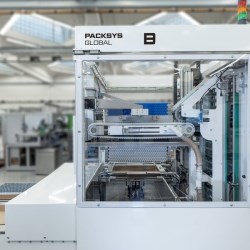If this is your company, CONTACT US to activate Packbase™ software to build your portal.
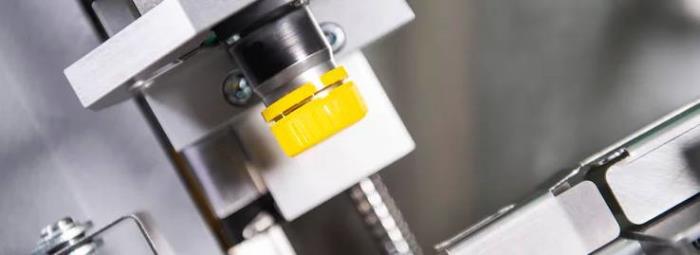

The majority of plastic beverage closures undergo quality inspection by inline camera systems. Vision inspection does not discover potential functionality errors of a closure which can affect its performance during or after the application to the bottle. Some defects might create an error on the filling line (capping process). Each stop on a filling line can cause huge losses.
The industry standard practice for checking the functionality of closures is to periodically take a specified quantity of caps to a laboratory and analyze them. This is time-consuming so it is only done a few times each day. If defective closures are found during this process, the closures produced since the last laboratory check are normally scrapped. On the highest speed lines the quantity produced between laboratory checks can exceed 1 million closures.
capLAB benefits
- Reduced labor cost
- Minimized risk of producing bad quality closures between quality checks
- Closed loop interaction – ensures continuous stable closure quality
- Database link to production data server / QC system
Quality inspection by capLAB
capLAB™ is an in-line, automatic integrated unit for testing the functionality of a closure’s tamper evident (TE) band. In optional combination with a vision inspection system which can select closures by cavity number, capLAB takes samples from the slitting / folding machine outfeed and measures in-line the pull-off strength of the closure’s TE band.
The test frequency can either be set by quantity, e.g. every 100’000 caps, or time, e.g. every 3 hours. The closures to be tested can be selected randomly, according to the spindles of the slitting machine or by cavity number of the production mould and by quantity. In addition a test sequence can be triggered manually, e.g. at the start of a production shift.
capLAB™ can also be connected in-line to a system producing closures with molded TE bands rather than slit TE bands.
Closed loop
Based on the values found by capLAB corrective actions may be needed. When a slitting machine is forming the bridges, knife temperature settings would be changed to keep the pull values in target range, means a fully automated process for constant cap quality over lifetime of a knife. Communication to the moulding machine/mould will be available to stop the line in case of a major quality defect.
In cases where the root cause of unacceptable TE band performance may be linked to a specific cavity on a mould or spindle on a slitting machine, the operator will be informed to address the root cause directly.
Data Management & Integration
capLAB contains a separate screen for its operation and data analysis. In addition, the database also can be transferred easily to onsite production data monitoring or QC systems. Customized screens showing the measurements per cavity can be accessed directly at the user interface of the injection moulding machine (available for dedicated brands).
A compact design ensures it can be integrated onto existing lines with an integrated vision inspection system. The flexible interface allows various layout options.




.jpg)
.jpg)












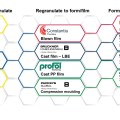
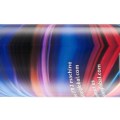
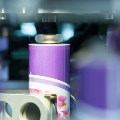
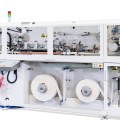
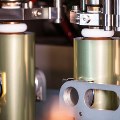







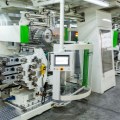
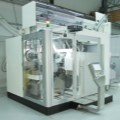



.jpg)

.jpg)


